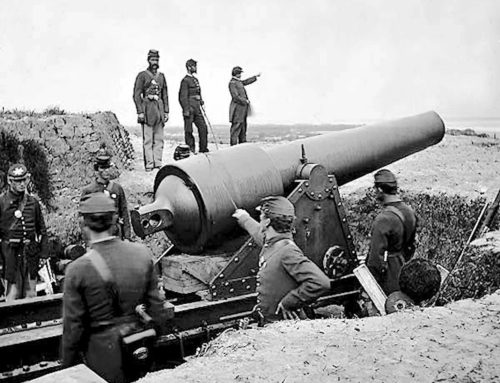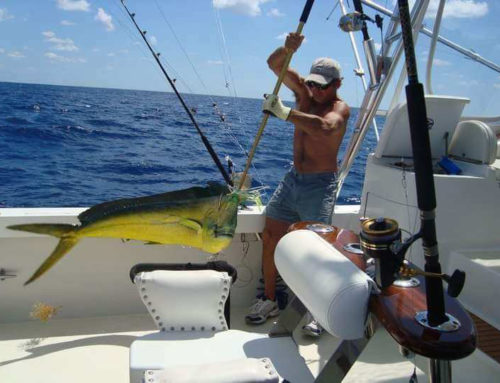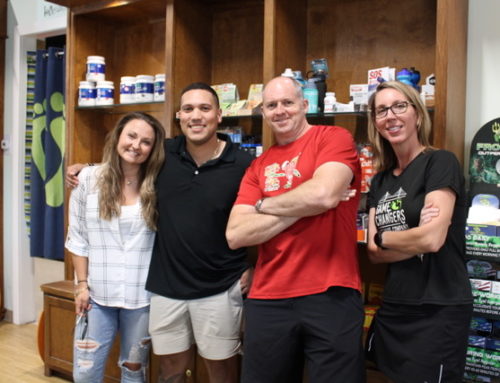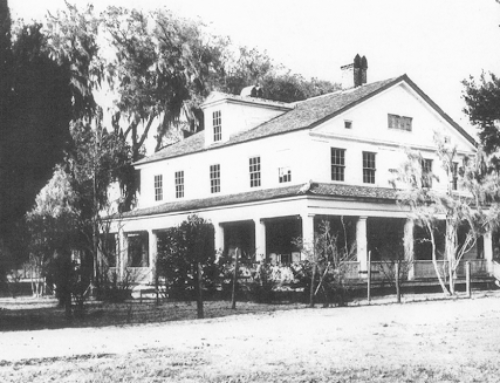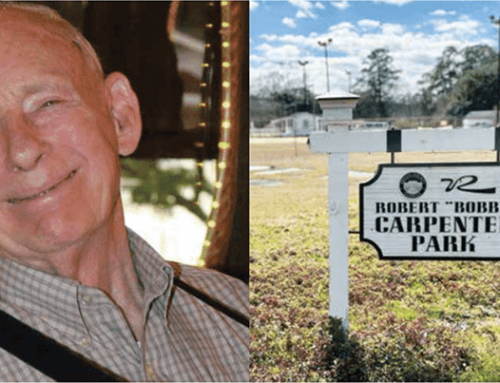“You have breast cancer”, the words no one expects to hear, especially when their diligent preventative actions have been in place for years. All of the annual visits made on time, they exercise regularly, eat healthy, have never smoked, did the self-breast exams, and even breastfed their babies! What?
When my dear friend Liane Willard called me and told me she was diagnosed with breast cancer, I was in utter shock. She is one of the healthiest, active people I know. Having spent a lifelong career as a nurse, Lianeis very aware of her body and health. She sees her doctors every year just like she is supposed to, does self-breast exams and yearly mammograms. This just could not be true. Per the guidelines, Liane started having mammograms every year at 40 years old. Each year, the results similar—“clear without concern.” But this year was different. This year, Liane had knowledge that she hadn’t in the past. This year she was part of Margie’sArmy. This year, she was armed with information that led her to ask questions of her healthcare providers that aren’t the norm, yet. Liane knew that her breast density was classified as very dense (given the letter D). She knew that very dense breasts can make cancer difficult to see on a mammogram, so she requested an ultrasound the day of her mammogram to further evaluate her breast tissue—to ensure they weren’t missing anything. There was no suspicion of cancer, no lumps, no fatigue, nothing new…just the knowledge that the journey of her friend, cancer warrior, Margie Singleton, brought to light.
In August 2017, Margie Singleton felt a lump on her breast. She saw her physician and went for a 3D diagnostic mammogram. The results revealed nothing. Fast forward six months after having the clear mammogram and Margie felt a lump in her other breast. This time, it was tender, sore, and hard to the touch. Conversation with a medical colleague resulted in Margie requesting an ultrasound after a repeat mammogram was again deemed clear. With ultrasound, a 3.6cm tumor was identified. Perplexed, angry, and frustrated, Margie asked how this tumor was missed more than once. The response, “Because of your dense breast tissue. The only thing that would pick up your cancer is an MRI and/or ultrasound. On a mammogram, dense breast tissue looks just like cancer.” With this statement, an army of her closest 30-40 family members and friends, both women and men, got behind Margie to not only help their friend through her grim stage 2B breast cancer diagnosis but also to declare war on the obstacles prohibiting abetter standard of care for prevention.
Margie began the long journey of six rounds of chemotherapy, double mastectomy, reconstruction, 30 days of radiation, and a hysterectomy. “I was so upset about how this could be. How can something so simple, that could prevent cancer and save lives, not be “standard of care” in Georgia?” Margie recalls the dark beginning days of her journey, “I took all this anger and channeled it into how I could change this for ALL Georgia women. I vowed that not one single person I knew and loved would be in my shoes due to breast density.” Sitting in the infusion chair, Margie started to research dense breast tissue and its relationship to cancer. From a Facebook post, she received information from a former co-worker that Nancy Cappello was a leading warrior in disclosing breast density to women across the nation and that if Margie would like, she would get her in touch with her.
 The late Dr. Nancy Cappello was diagnosed with stage 3C breast cancer in 2004 after years of “normal” mammograms, but like Margie and Liane, she had dense breast tissue. Capello founded there YouDense, Inc. andAre You Dense Advocacy Inc. nonprofit organizations to educate people around the nation and to advocate for disclosure of breast density on mammogram reports to be mandated by law. Connecticut (where she lived) was the first to man-date Breast Density notification. When she and Margie met for the first time in 2018, Nancy had successfully gotten 33 states to implement a Breast Density notification law, but not Georgia. Throughout Margie’streatment, she made several trips to Atlanta to meet with legislators in hopes of benefitting women throughout the state. “It was a distraction that would benefit women. It is unacceptable and it is not necessary for women in Georgia to get cancer when it can be avoided by something so simple,” Margie exclaims.
The late Dr. Nancy Cappello was diagnosed with stage 3C breast cancer in 2004 after years of “normal” mammograms, but like Margie and Liane, she had dense breast tissue. Capello founded there YouDense, Inc. andAre You Dense Advocacy Inc. nonprofit organizations to educate people around the nation and to advocate for disclosure of breast density on mammogram reports to be mandated by law. Connecticut (where she lived) was the first to man-date Breast Density notification. When she and Margie met for the first time in 2018, Nancy had successfully gotten 33 states to implement a Breast Density notification law, but not Georgia. Throughout Margie’streatment, she made several trips to Atlanta to meet with legislators in hopes of benefitting women throughout the state. “It was a distraction that would benefit women. It is unacceptable and it is not necessary for women in Georgia to get cancer when it can be avoided by something so simple,” Margie exclaims.
On July 1, 2019, Margie and her army stood around Governor Kemp as he signed “Margie’s Law,” making Georgia the 38th state to implement this law in theUnited States. Liane Willard was there that day, as a member of this steadfast group! The law mandates that ALL women with dense breast tissue should have the following statement on their mammogram report: “Your mammogram shows that your breast tissue is dense. Dense tissue is very common and is not abnormal. However, dense breast tissue can make it more difficult to detect cancer through a mammogram. Also, dense breast tissue may increase your risk for breast cancer. This information about the result of your mammogram is given to you to increase your awareness. Use this information to talk with your healthcare provider about whether other supplemental tests in addition to your mammogram may be appropriate for you, based on your individual risk. A report of your results was sent to your ordering physician. If you are self-referred, a report of your results was sent to you in addition to this summary.”
Liane’s mammogram read: “No mammographic evidence of malignancy.“RECOMMENTATION:1-year follow-up. Density: D.” In laymen’s terms, “You have a clear mammogram, see you next year!” But the ultrasound she requested due to her knowledge of cancer risk associated with breast density said something very different. It revealed a “complex cyst or solid nodule” which required an “ultrasound-guided biopsy.” It wasn’t until later that she received a letter stating that there was an abnormality on her mammogram/ultrasound and that further evaluation was needed. Followed by this statement: “The accuracy of mammography for cancer detection is approximately85%, meaning that 15% of breast cancers are not seen on mammography.” She was startled after reading her mammogram report. Why wasn’t the verbiage of Margie’sLaw on her mammogram? She indeed had“D” density, so why was she not informed accordingly? The results of the biopsy came back and Liane received the news that she had stage 1 breast cancer. Luckily, caught very early, Liane has a great chance of beating this horrible disease. Because of the advocacy and awareness learned on the journey with Margie’s Army, Liane knew the classification of her breast tissue meant she should add measures to prevention, and she knew to fight for an ultrasound even without any known reason for it. Knowledge is power.
Change is a difficult thing to implement in the healthcare system, and the newly mandated statement has not reached all providers in Georgia. Margie Singleton has continued to meet with hospitals throughout the state to educate them, but ladies, it is our duty to feel empowered to advocate for ourselves and ask the hard questions! We all talk all the time. We have girl’s night out, mom’s night out, book clubs, Sunday School classes, etc and we talk about many crazy topics, but it is TIME to add these questions: Do you know your breast density? Do you know what it means if you have dense breasts? Do you know what extra screening to ask for? Do you have the knowledge to advocate for yourself? Imagine sitting at dinner with seven of your closest friends… Did you know that statistically, ONE of you will be diagnosed with breast cancer? According to the National Breast Cancer Organization, 1 in 8women will be diagnosed in their lifetime. What if this dinner topic could save you or a friend’s life?
Sadly, money is what drives our world and the decisions made on our behalf. As of now, there are currently 12 states that have insurance coverage for “high risk” and/or women with “dense breast tissue” where women will proactively receive additional screening after being classified with dense breast tissue. Georgia is NOT one of them. Margie will lead her Army on this quest next in hopes of making Georgia one of those states to better protect Georgia lives.“It will take a village to do this, but if we all partner together, we can get it done,” Margie says with much conviction. And I stand with her. Thank you, Margie, for the work you have done and thank you for lighting a passion in me to join your fight for what is right. Most of all, thank you for saving my friend’s life.






